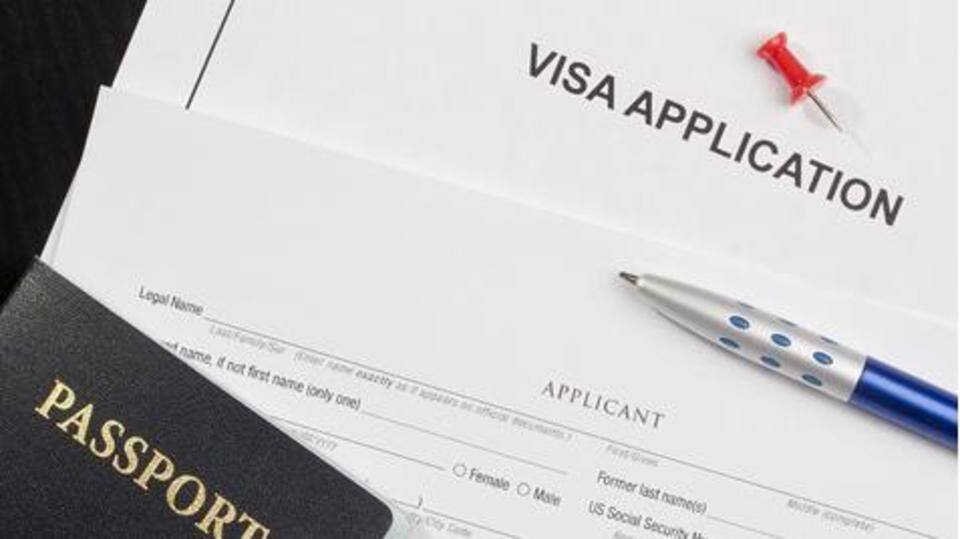
New restrictions to make H-1B visa regime tougher
What's the story
Things are looking tough for Indian professionals planning to work in the US. The US Homeland Security is reportedly looking to impose stringent restrictions for the selection process for awarding H-1B visas. According to international immigration firm Fragomen's website, DHS is looking to prioritize awarding cap numbers to highly-skilled professionals and intends on reducing the number of applicants. What does this mean for Indians?
16 Dec 2017
New H-1B rules: Indian spouses won't be able to work
Reports on December 16 indicated that the Trump administration is considering to do away with Obama-era rule that allows spouses of H-1B visa holders to work in the US. While there was no explanation of the reasons behind the proposal, it is said to be taken "in light of" the "Buy American, Hire American" executive order by the Trump government.
Existing norms
The H-1B program
The H-1B visa program allows foreign skilled workers to work in the US, with many of them coming from India and China. The H-1B visa has a 3-year validity and can be renewed for another 3 years. Since 2015, spouses of H-1B visa holders waiting for green cards have been eligible to work in the US on H-4 dependent visas.
Rules
What rules does the DHS plan on introducing?
It plans on reviving a 2011 proposal whereby H-1B applicants can only submit cap petitions after securing their cap numbers which are allotted after a lottery. For allotting cap numbers, they further plan on prioritizing highly-skilled professionals who are well-paid. It may also reconsider wages paid to those who secure H-1B visas. These regulations could directly hit Indian IT professionals.
February 2018
When are the rules likely to come into effect?
The changes to the cap-lottery system won't be announced till February 2018. If these are being put out for notice and comments under standard procedure, they won't be implemented for several months after and won't apply to the next round of filing which commences in April-2018. Alternatively, if these are introduced as 'emergency' rules, they will be applied to the next round of applications.
Analysis
How will the changes impact Indian IT companies?
"This would be a real disaster for many companies as they either may not need to file cases already prepared (if there is a new "pre-registration" system) or they may not want to file many such cases," states Scott J Fitzgerald, partner at Fragomen. With thorough vetting procedures and preference for highly skilled professionals, the DHS is likely to reject many applications.